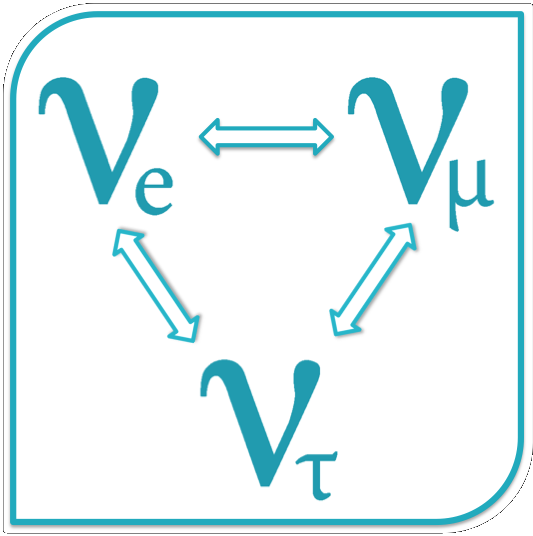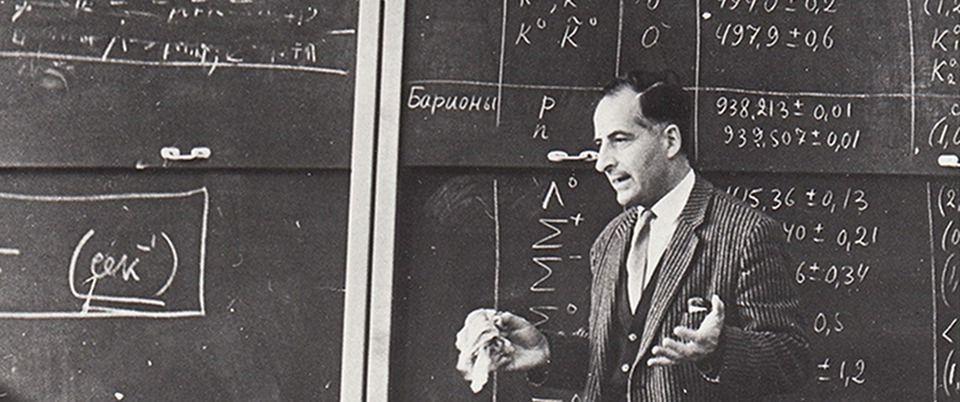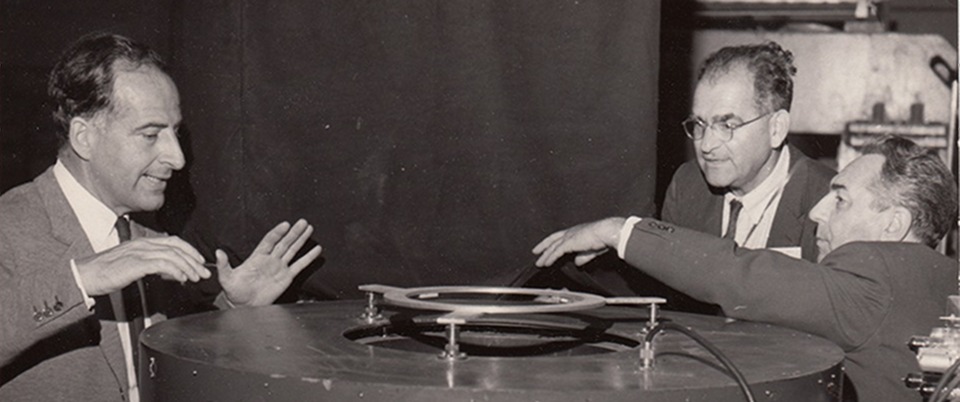Bruno Pontecorvo Department Centre
for the study of life and scientific activities of B. Pontecorvo and the Italian physicists of the 1900s
Purpose of the Pontecorvo Centre
The Centre is named in honor of the great italian scientist Bruno Pontecorvo, member of the Fermi's group known as the Via Panisperna boys. Pontecorvo contributed significantly in fundamental physics research, especially in the field of the neutrino physics. Aim of the Centre is to collect material and documents relating to the life and scientific work of Bruno and other Italian physicists of the twentieth century, in particular from Pisa. The Centre acts in collaboration with Scientific Research Institutes and Universities in Italy and abroad for an in-deph scientific and historical elaboration of the activities of the scientists, in view also of their implications in contemporary physics (see Regulation).
The members of the Department of Physics and of INFN-Pisa can request to the Department Director to join the Centre.The man
Bruno Pontecorvo was born in Marina di Pisa on 22 August 1913 by a wealthy family of Jewish origin. Fourth of eight children, he enrolled at the Faculty of Engineering in Pisa, two years in advance of his peers.
Because he disliked technical drawing, after two years he decided to pass to the Faculty of Physics at the University of Rome supporting the admission exam with Enrico Fermi and Franco Rasetti, as suggested by his eldest brother, Guido. He was only 18 years old and soon became the Fermi's youngest assistant: one of the famous Via Panisperna boys. ... (continue).
The scientist
In the spring of 1934, at only 21 years old, Pontecorvo began his research activity at the Institute of Physics at Via Panisperna, dealing with atomic spectroscopy problems. He collaborated with Emilio Segrè to study the Zeeman effect in the main series of Sodium and completed the research on the action of Mercury vapors on the alkaline spectrum. Initially he was not involved by Fermi in the nuclear research on radioactivity induced by neutron bombardment. Only after the summer he took part in these researches and to one of the greatest discoveries of the twentieth century: the neutron slowing down process. ... (continue)

